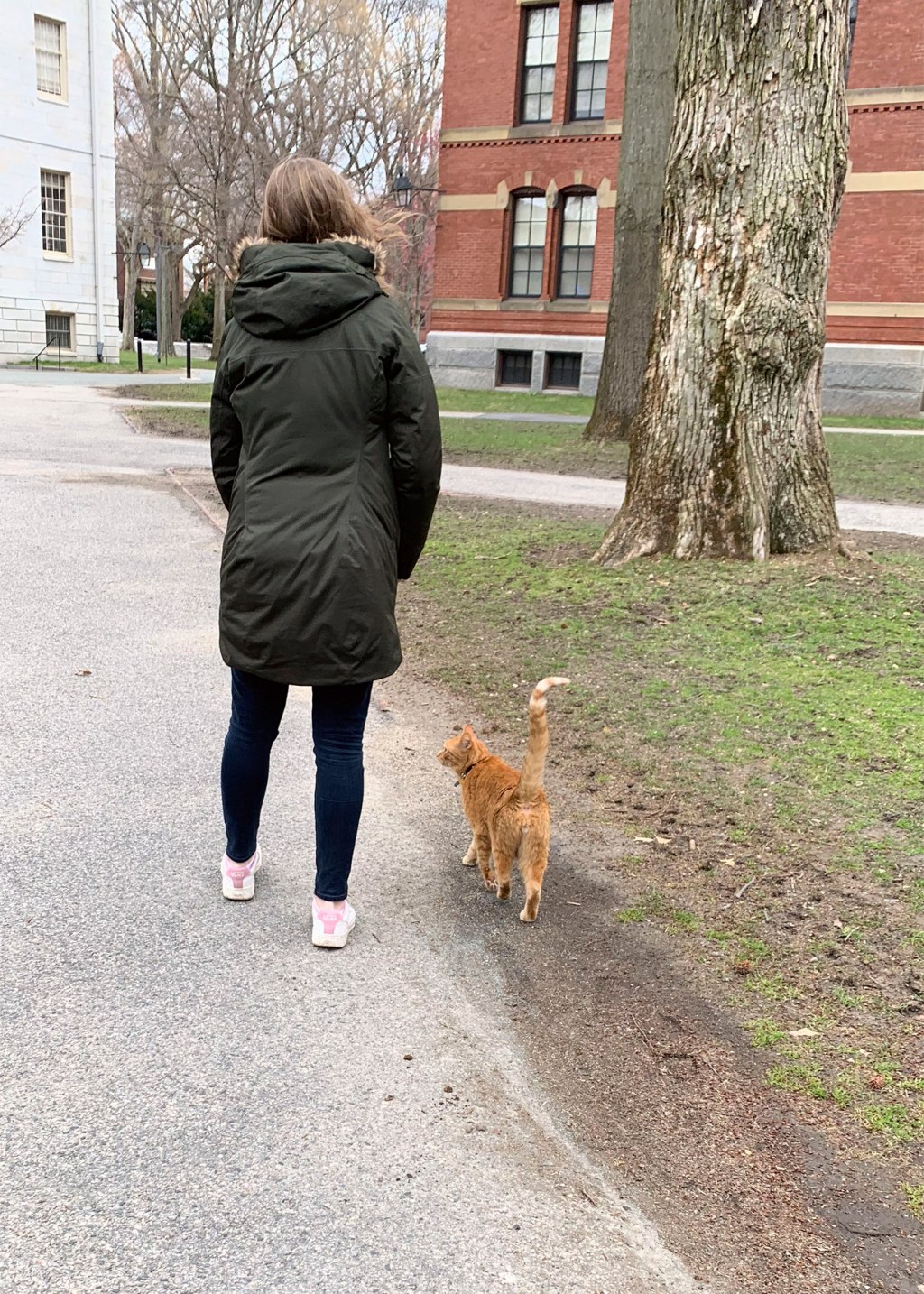The Coronavirus Update
-
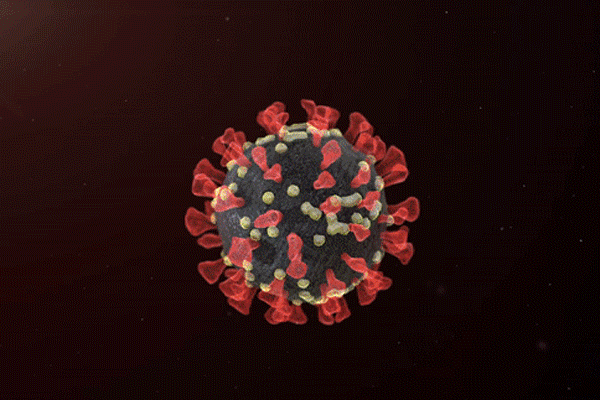 Science & Tech
Science & TechStaying ahead of virus mutations
EVEscape uses evolutionary and biological information to predict how a virus could change to escape the immune system.
-
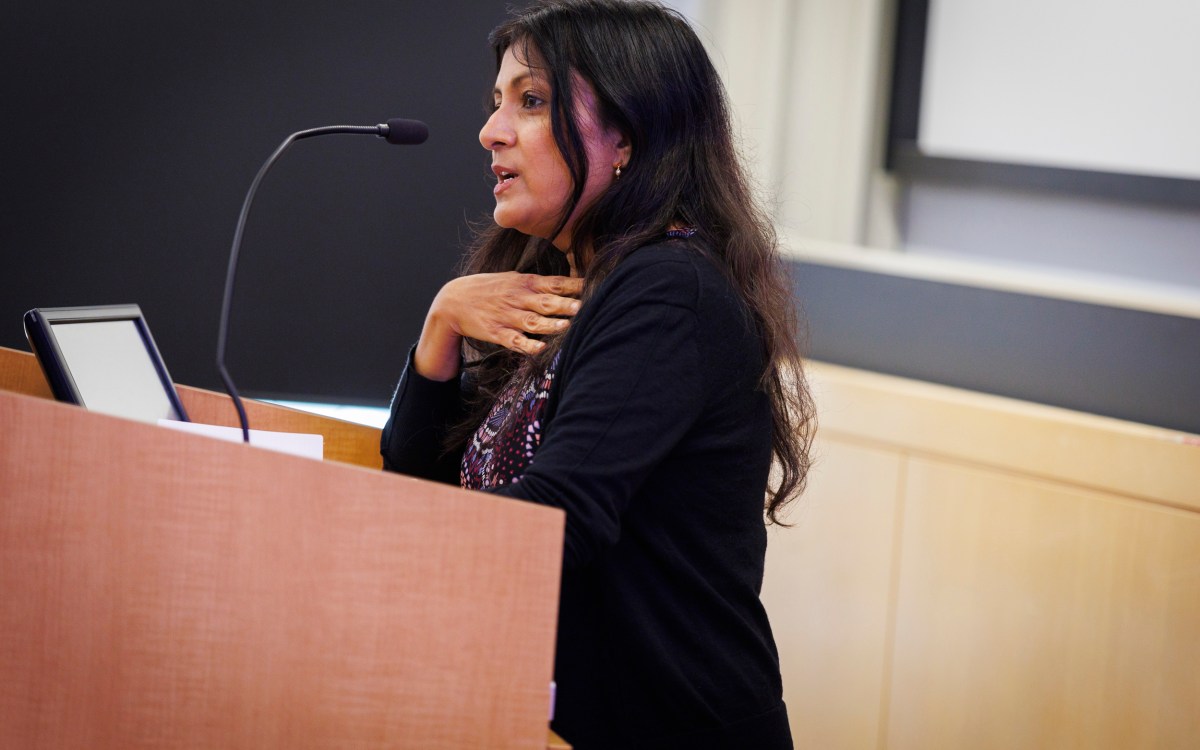 Nation & World
Nation & WorldHow federal missteps opened door to COVID misinformation
Anti-vaxxers, others benefited from mistrust engendered by early stumbles in messaging about virus, prevention, says New York Times health and science reporter Apoorva Mandavilli.
-
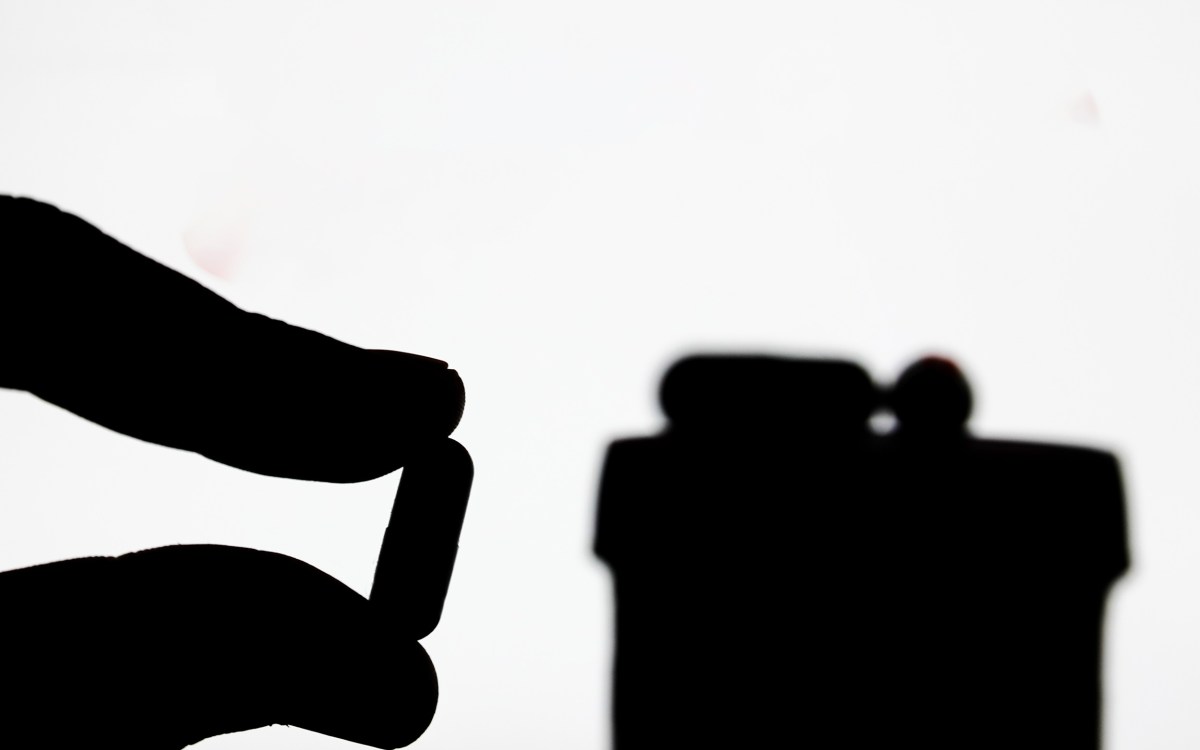 Science & Tech
Science & TechA COVID cure worse than the disease?
Some worry a treatment that kills SARS-CoV-2 by helping it mutate could spawn a super virus. New research weighs in on its “evolutionary safety.”
-
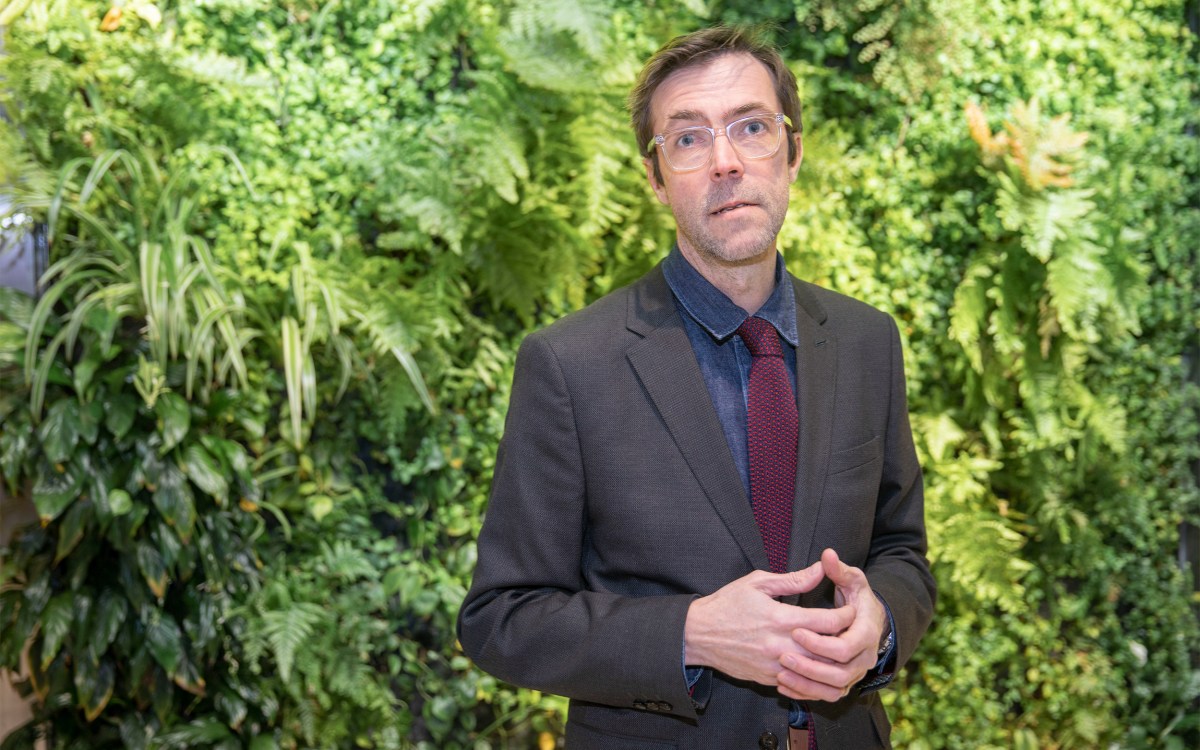 Health
HealthHow durable is your immunity?
William Hanage, an associate professor of epidemiology, talks about hybrid protection, vulnerability of older people, and the wisdom of Taylor Swift.
-
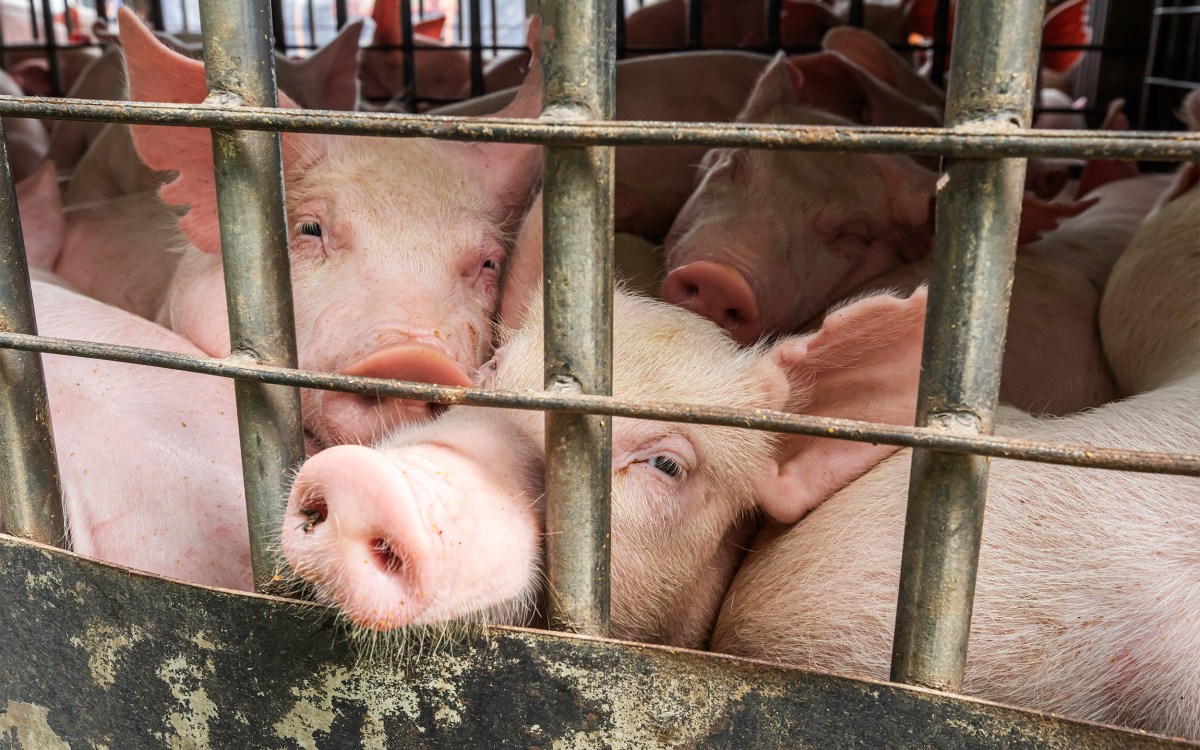 Health
HealthCOVID-19 came from animals. Why aren’t we working to prevent new scourge?
A new study suggests we are as vulnerable as ever to the emergence of another virus as deadly, or even more so, than COVID-19.
-
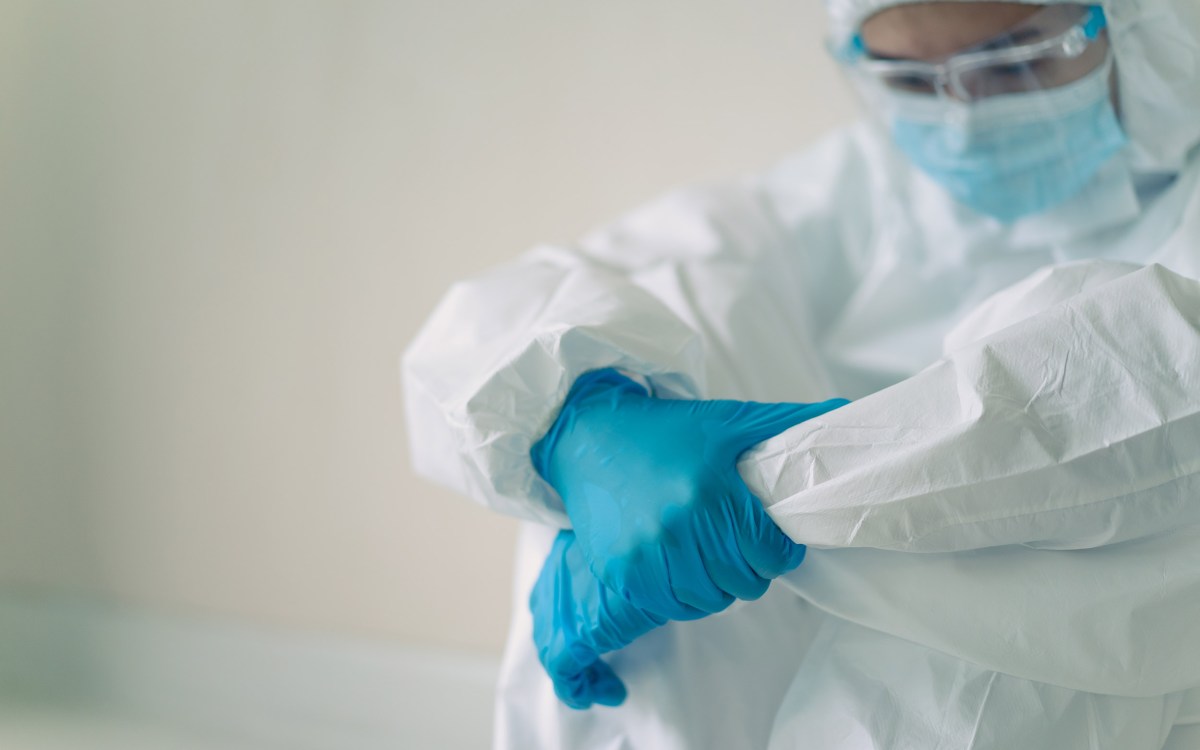 Health
HealthDoctors not the only ones feeling burned out
Through a national survey, researchers identified prevalent work overload, burnout, and intent to leave health care professions among nurses, clinical staff, and non-clinical staff, including housekeeping, administrative staff, lab technicians, and food service workers.
-
In the trenches
Physicians caring for different populations in three hospitals describe life in the midst of a pandemic.
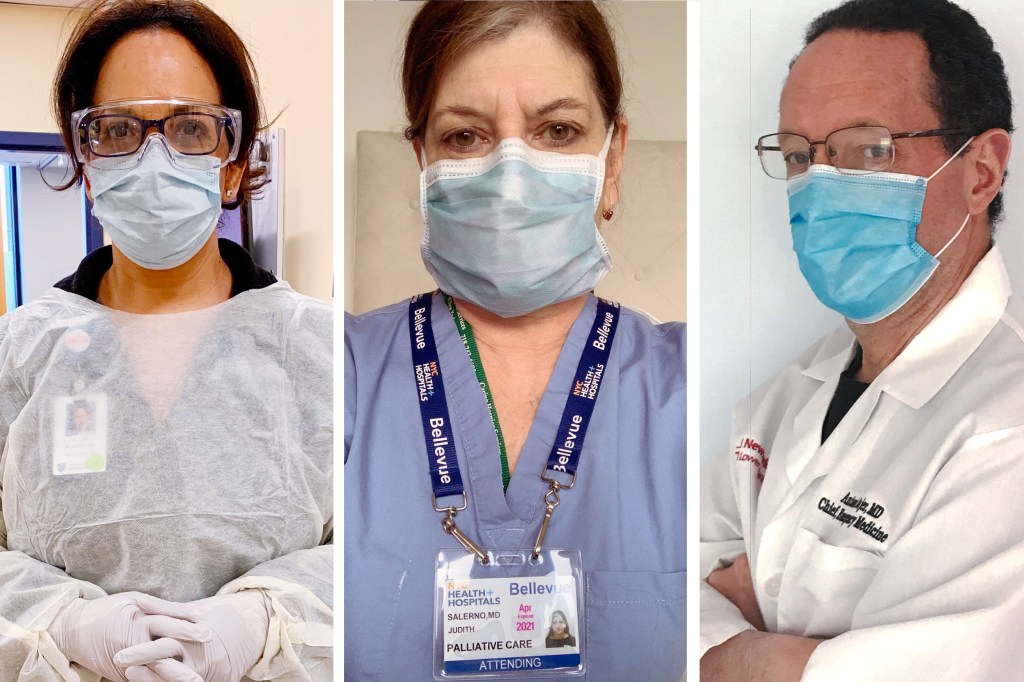
-
A silent epidemic
Early data from peer-reviewed studies suggest that one-third of hospitalized COVID-19 patients of all ages, and two-thirds of those with severe disease, show signs of delirium.
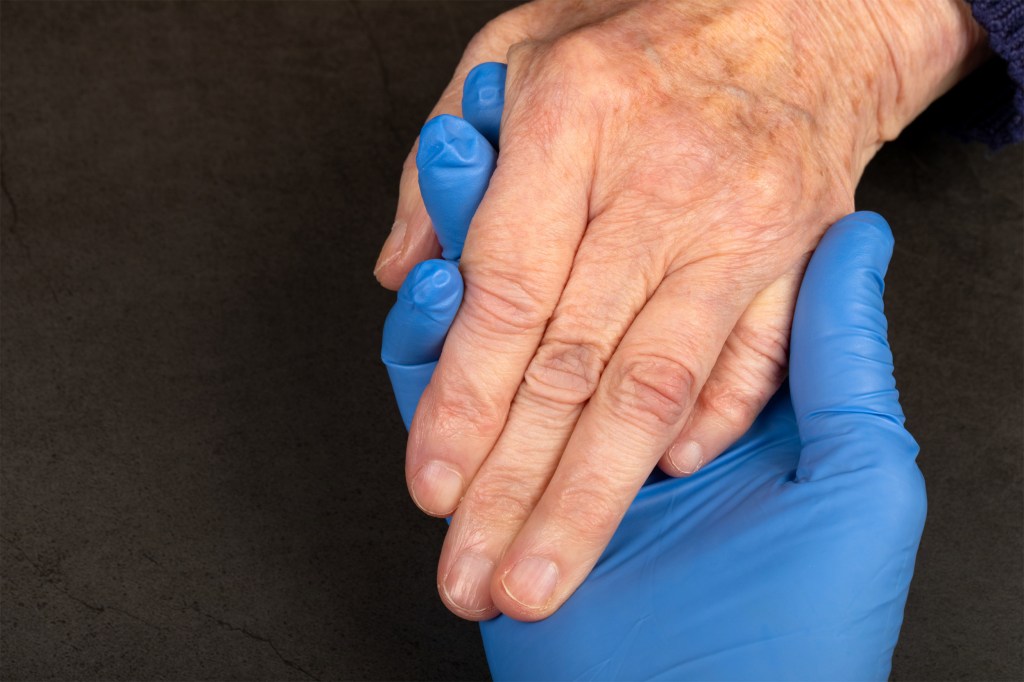
-
Mental health in Africa amid pandemic
As cases of coronavirus surge in Africa, the challenges experienced elsewhere are compounded by social factors and a shortage of caregivers.
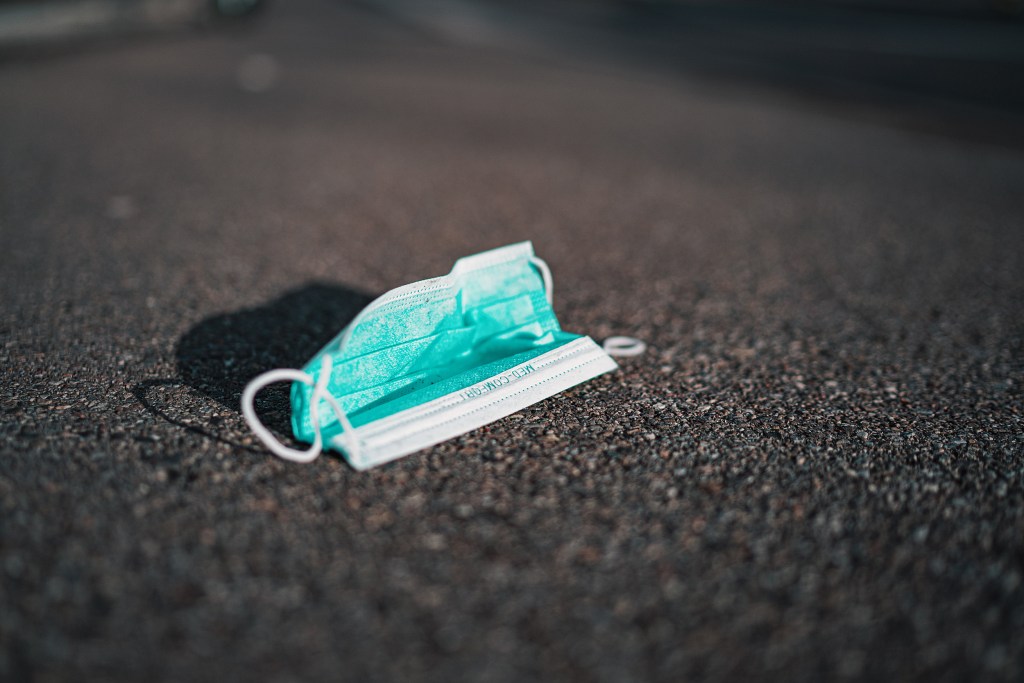
-
A five-layered defense for workplace reopening
Joseph Allen laid out how existing building safety guidelines might be adapted to make workplaces safer in the age of COVID.
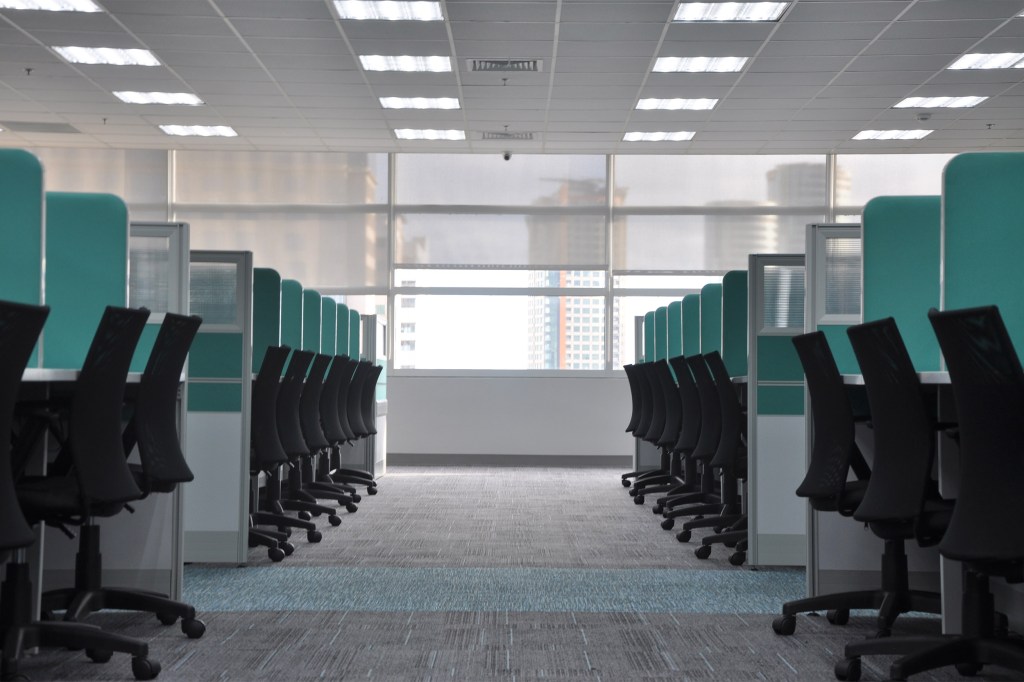
-
From taking notes in the classroom to helping the front lines
Students in Mark Fagan’s supply chain management course spent the spring semester using their skills to help the front lines of the COVID-19 crisis.
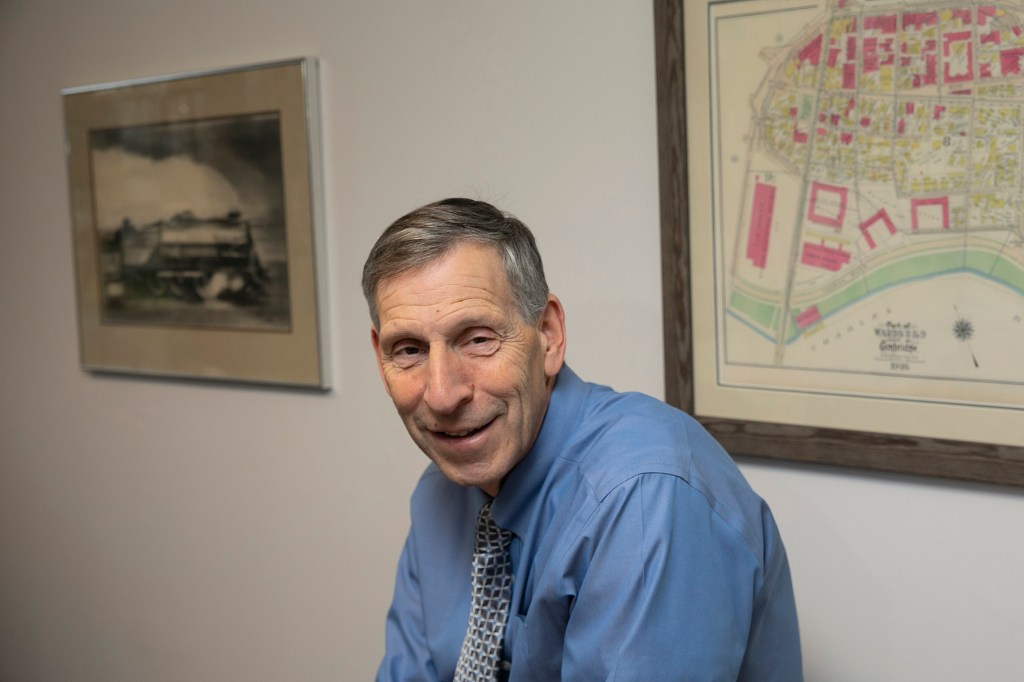
-
Dancing with myself
Virtual workout classes help the community stay connected and healthy while social distancing.
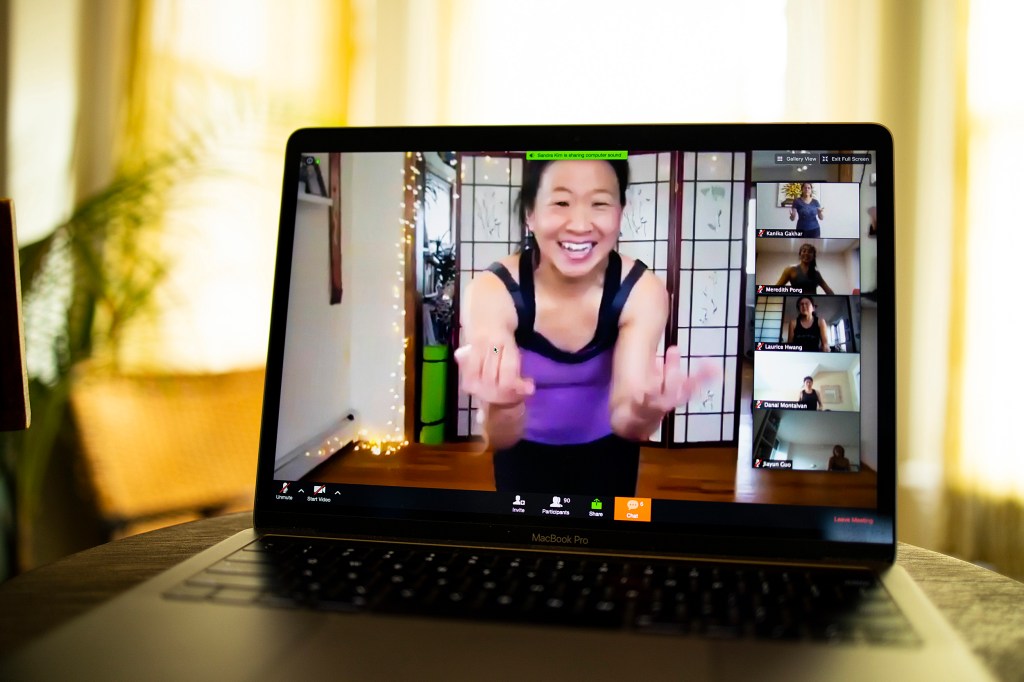
-
Why the Arboretum remains open
Director William “Ned” Friedman explains the rationale for keeping the Arboretum open during the pandemic.
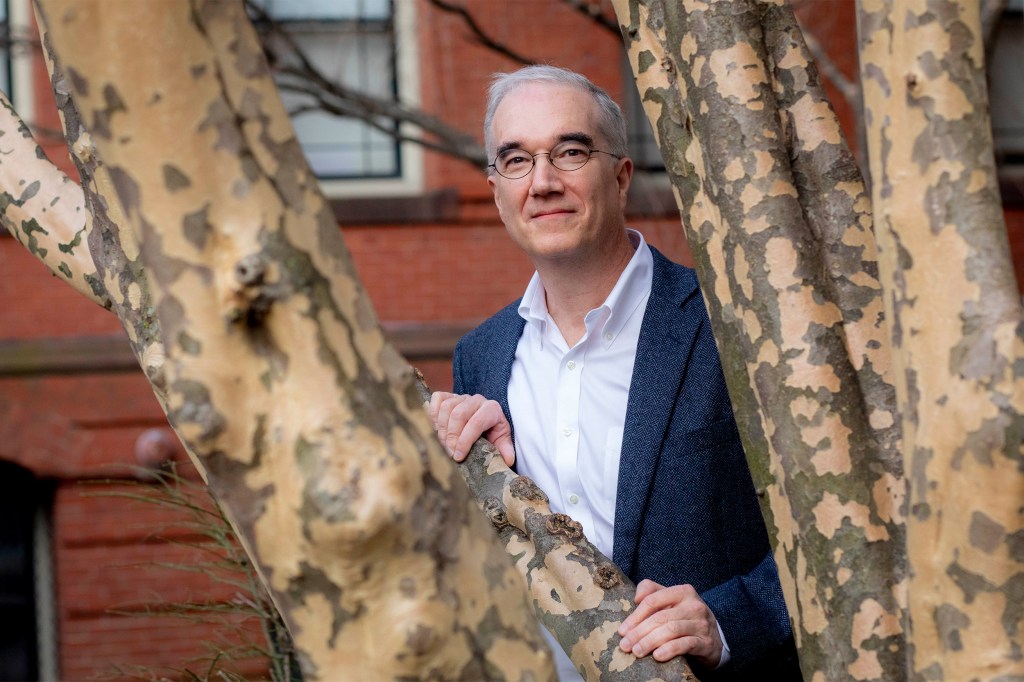
-
Extracurriculars for an online campus
Socialize Remotely allows students, faculty, and staff to continue attending a range of extracurricular activities, and to connect.
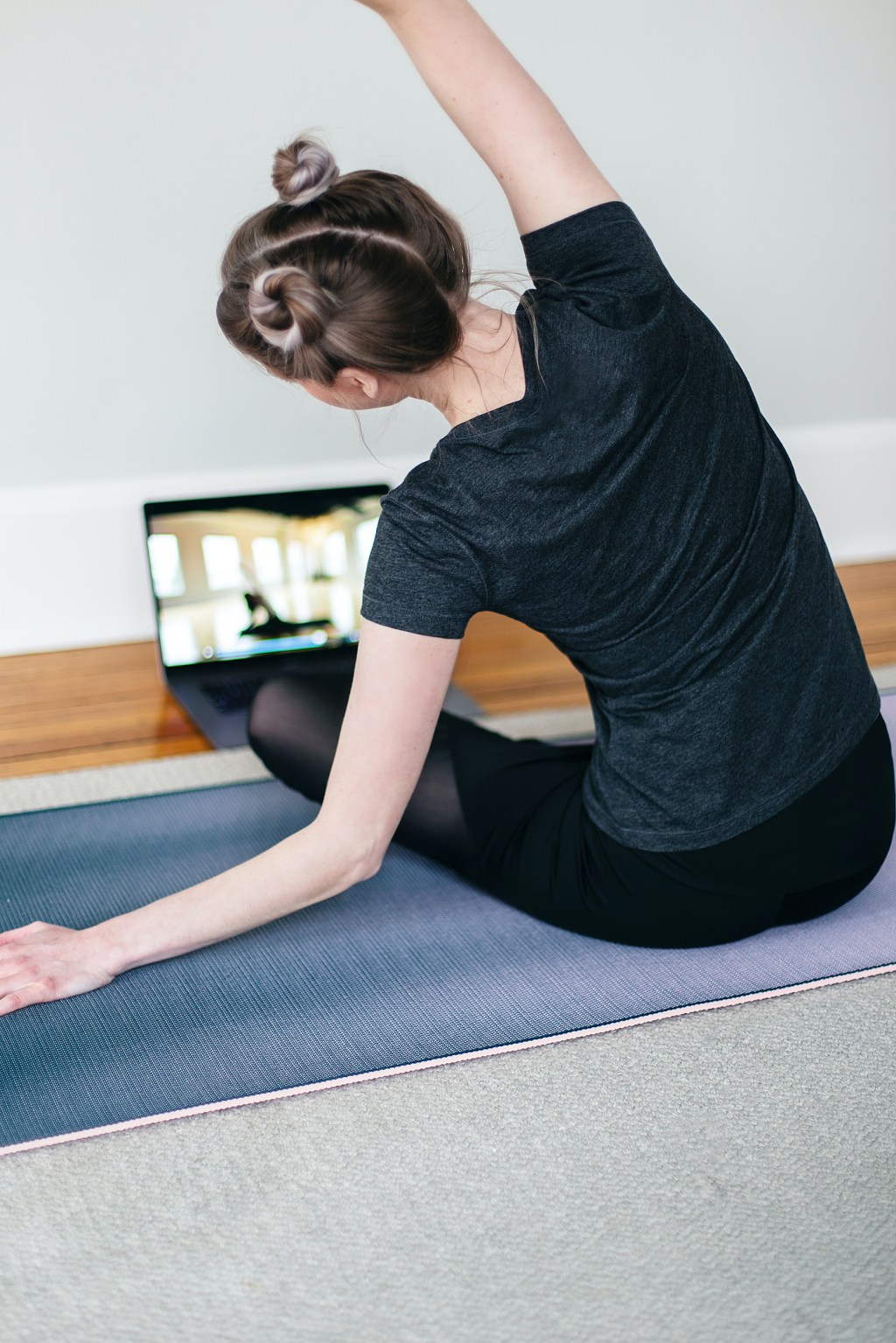
-
If Harvard were to reopen today, who should be allowed to return?
Harvard Professor Michael Sandel led a campuswide audience in a Zoom event, “Harvard Live: Pandemic Ethics.”
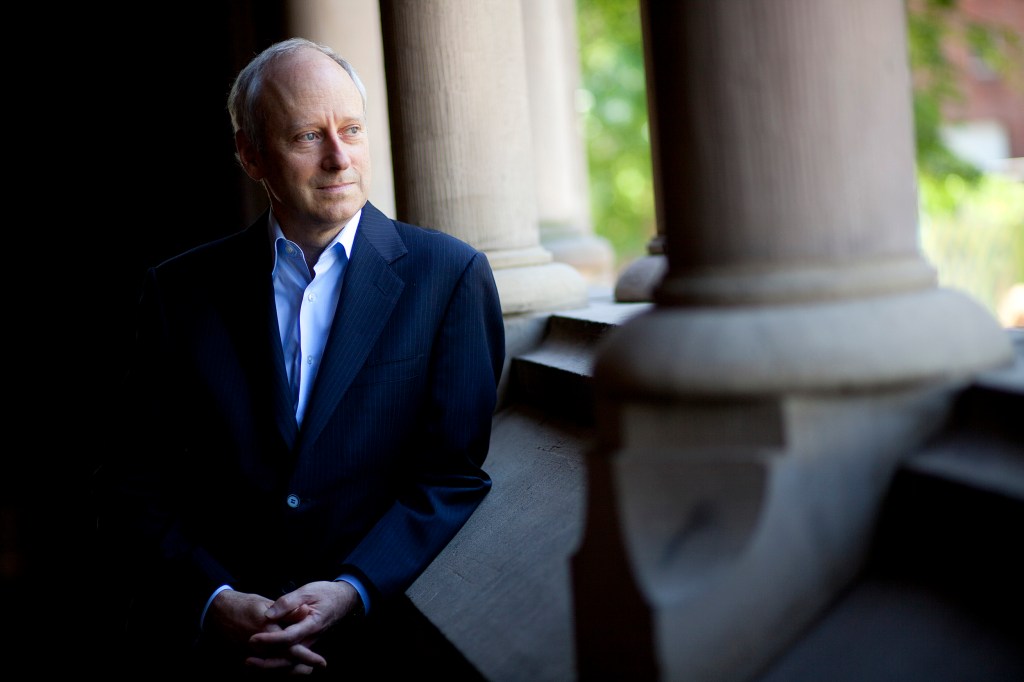
-
Feeling more anxious and stressed? You’re not alone
Uncertainty, unemployment, and ill health are combining to feed a rise in concern about America’s mental health as people shelter from the coronavirus and each other, a Harvard Chan School psychiatric epidemiologist said Thursday.
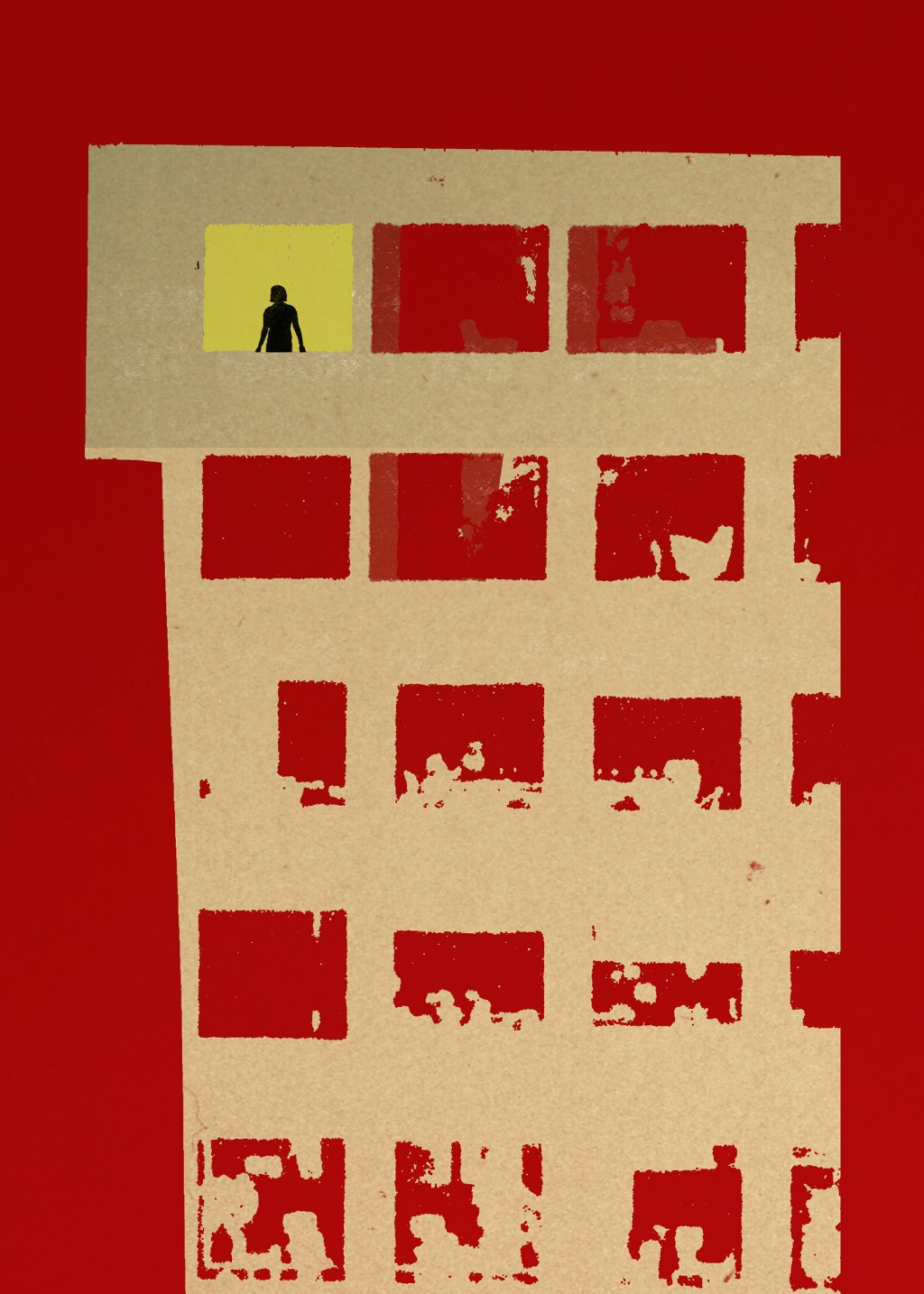
-
Insomnia in a pandemic
The Harvard T.H. Chan School of Public Health hosted an online forum on “Coronavirus, social distancing, and acute insomnia: How to avoid chronic sleep problems before they get started.”

-
COVID-19 may not go away in warmer weather as do colds
Harvard researchers are turning to two common cold viruses to learn lessons about how the coronavirus that causes COVID-19 might behave in the coming months.
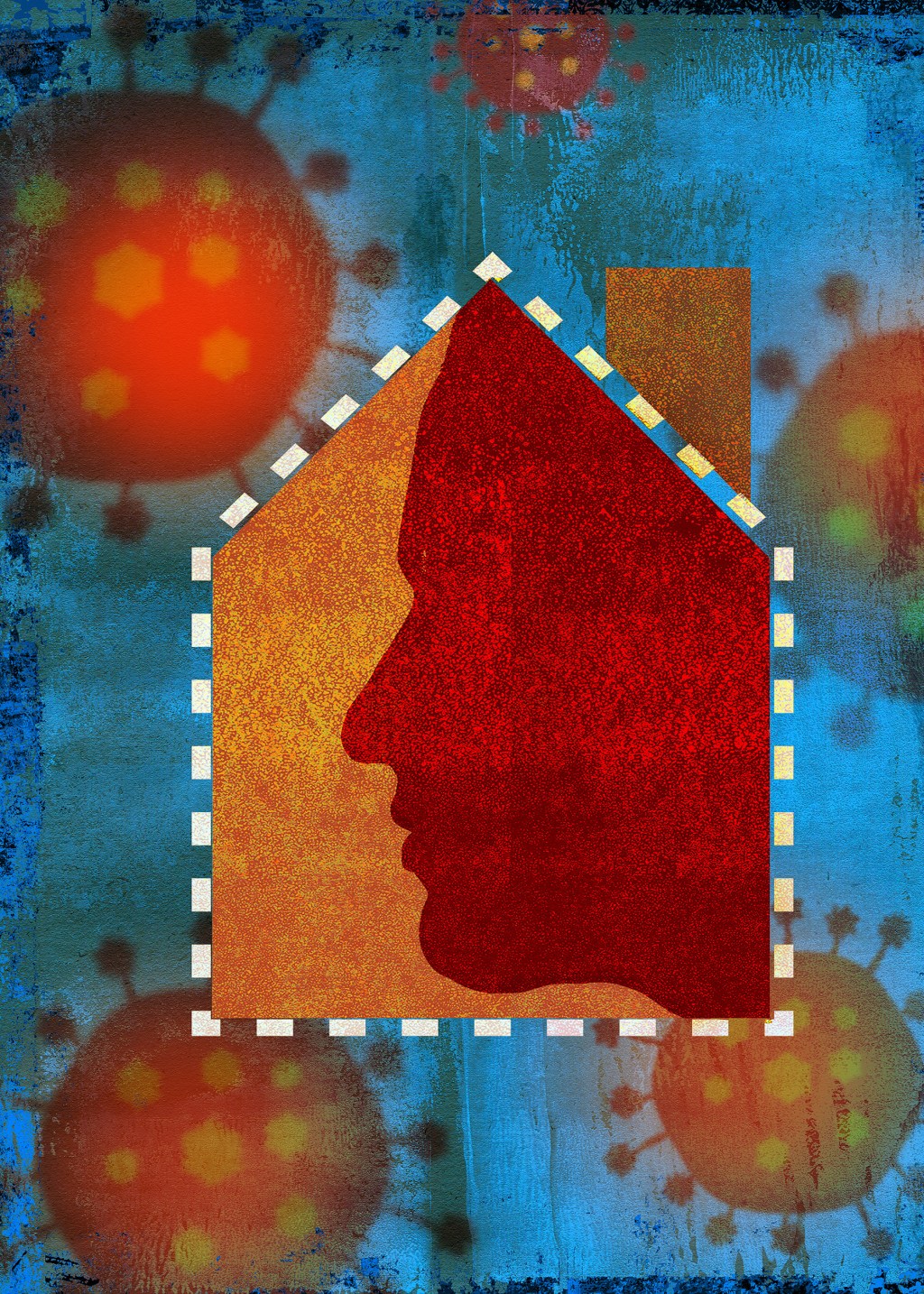
-
COVID-19 targets communities of color
Harvard scholars discuss health care disparities in the age of coronavirus.
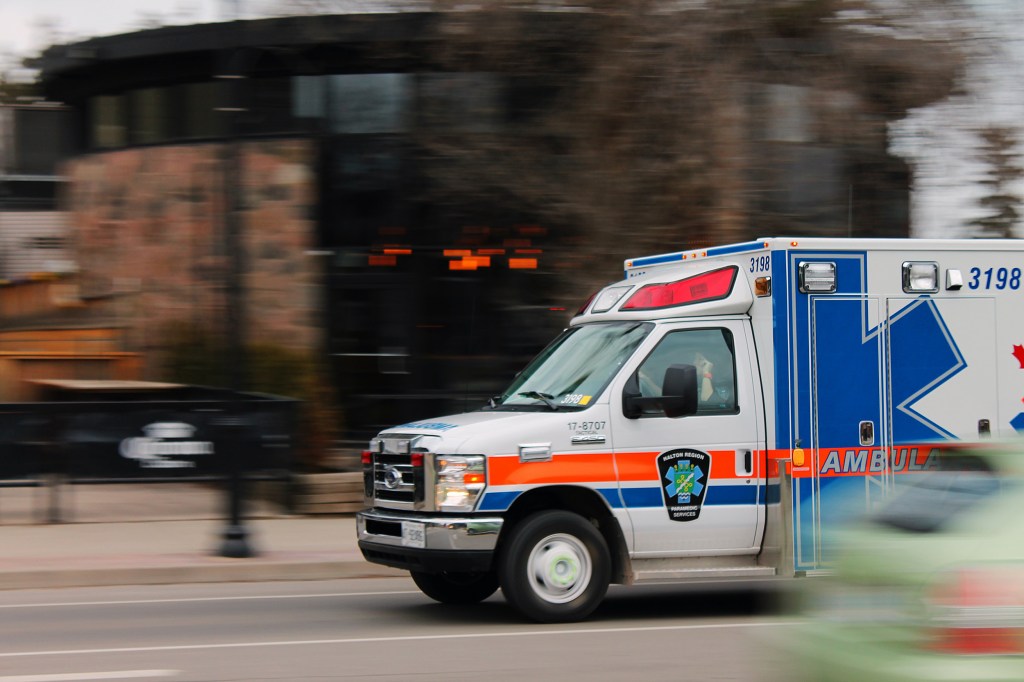
-
Dispatches from socially distancing students and faculty
Harvard students and faculty offer glimpses into their lives during social distancing.
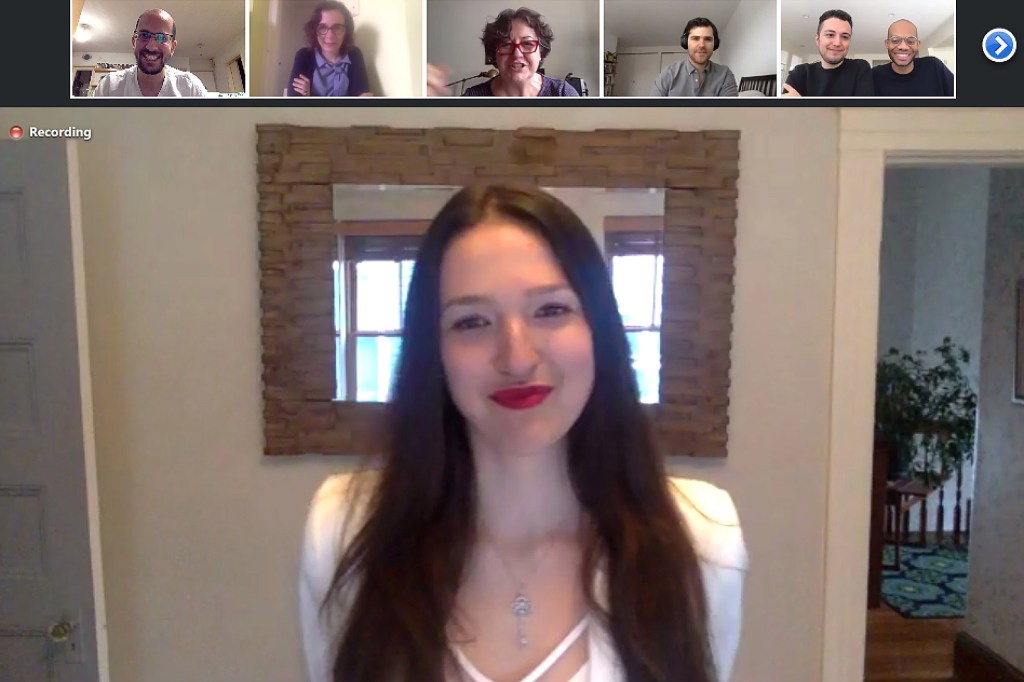
-
Coronavirus and the heart
Heart damage has recently emerged as yet another grim outcome in the virus’s repertoire of possible complications.
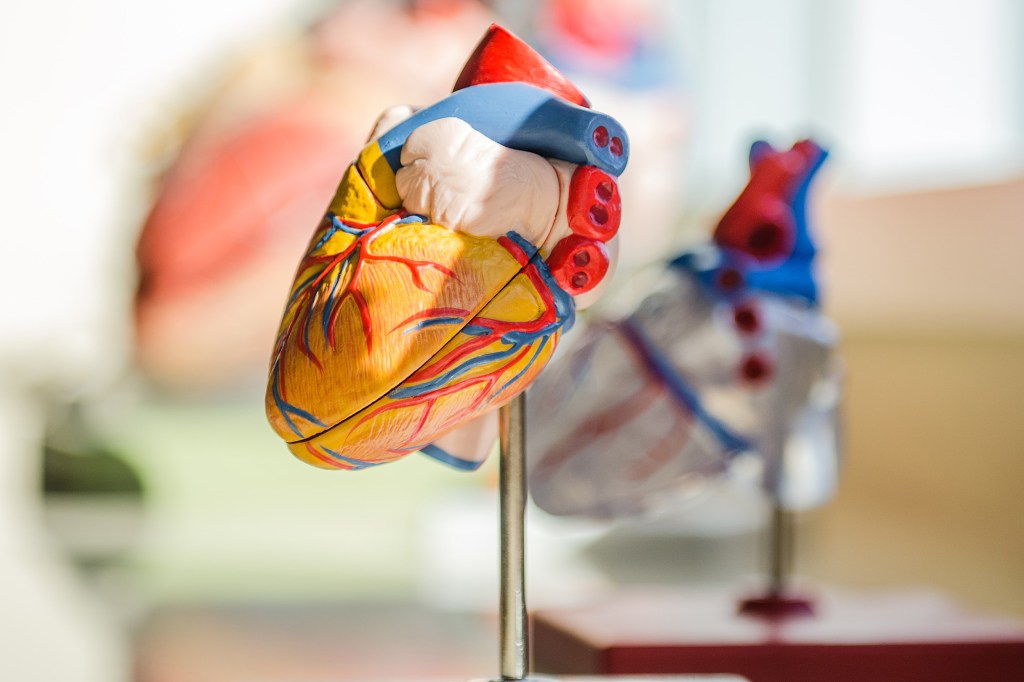
-
Global race to a COVID-19 vaccine
Team at Harvard plans to launch a clinical trial for a potential COVID-19 vaccine in the fall.
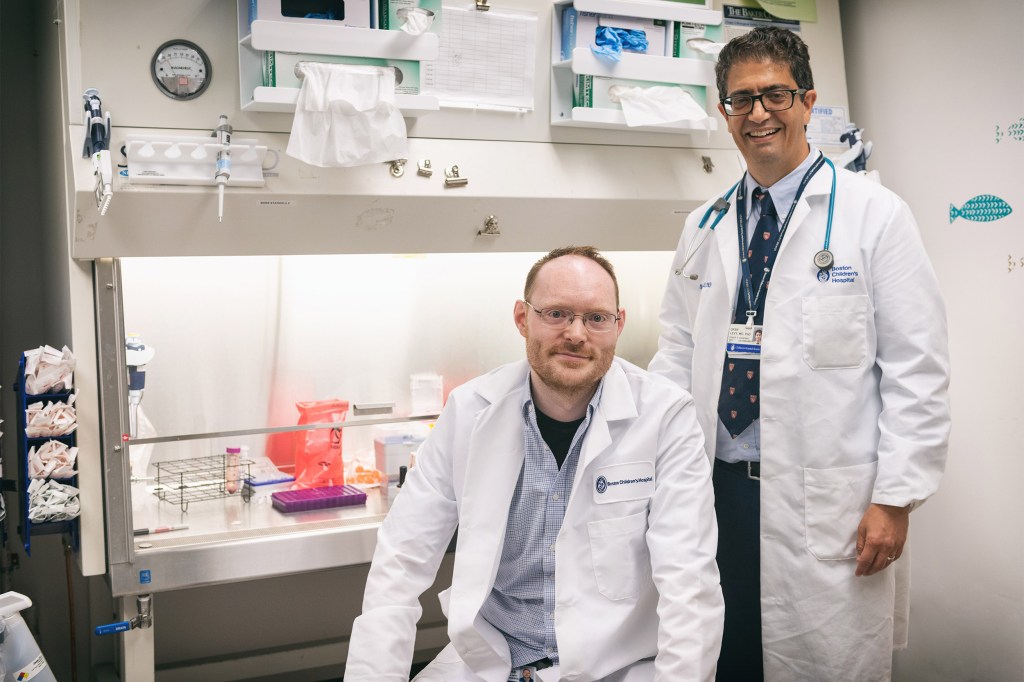
-
Community contact tracing
An initiative to accelerate the Massachusetts’ efforts to contain the spread of COVID-19 by dramatically scaling up the state’s capacity for contact tracing is being done through a new collaboration with Partners In Health in which Harvard Medical School faculty will play key leadership roles.
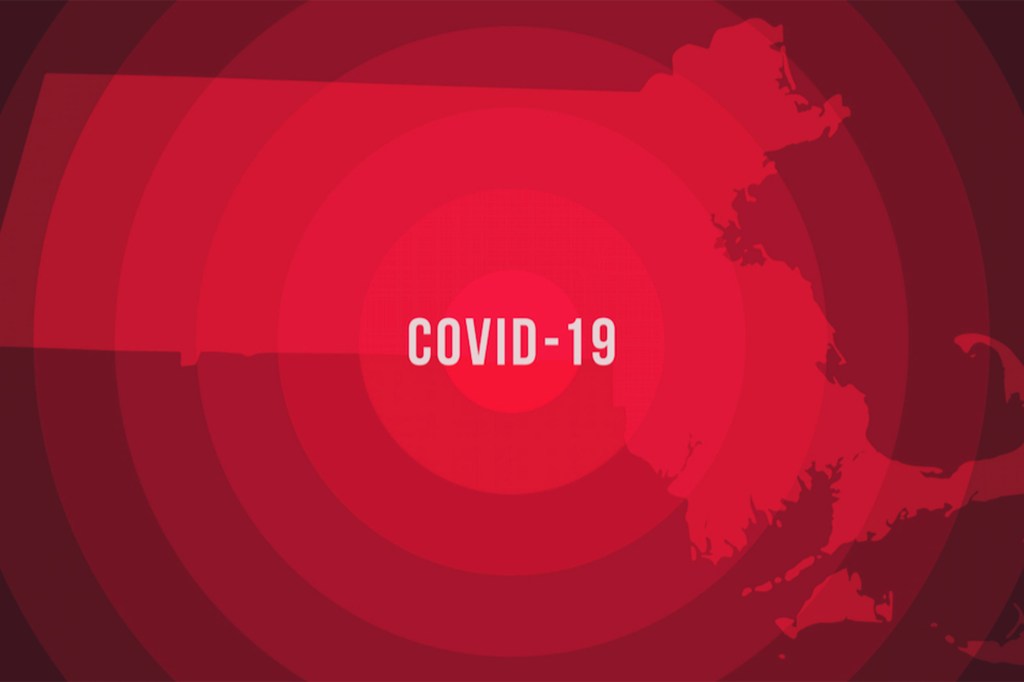
-
Obama: In trying times, truth first
During a virtual seminar Thursday, more than 750 officials from 400 U.S. cities got advice from top executives who led the nation’s last public health crisis, the Ebola epidemic, on how to help their cities cope and prepare for reopening in the coming weeks or months.
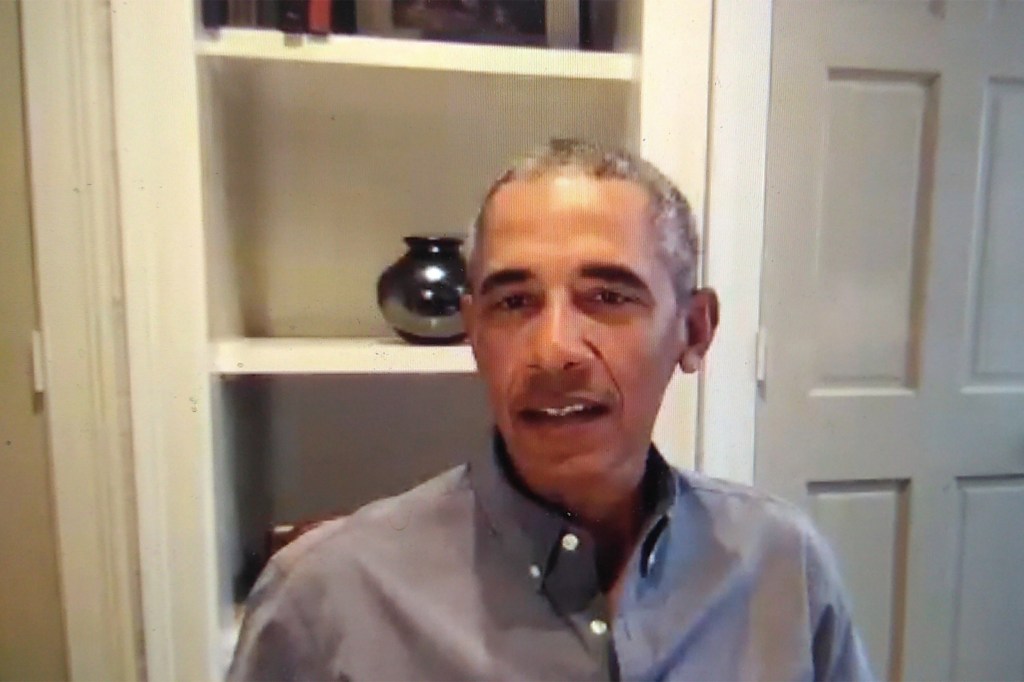
-
Time to fix American education with race-for-space resolve
Q&A with Harvard’s Paul Reville about the impact of the coronavirus on education.
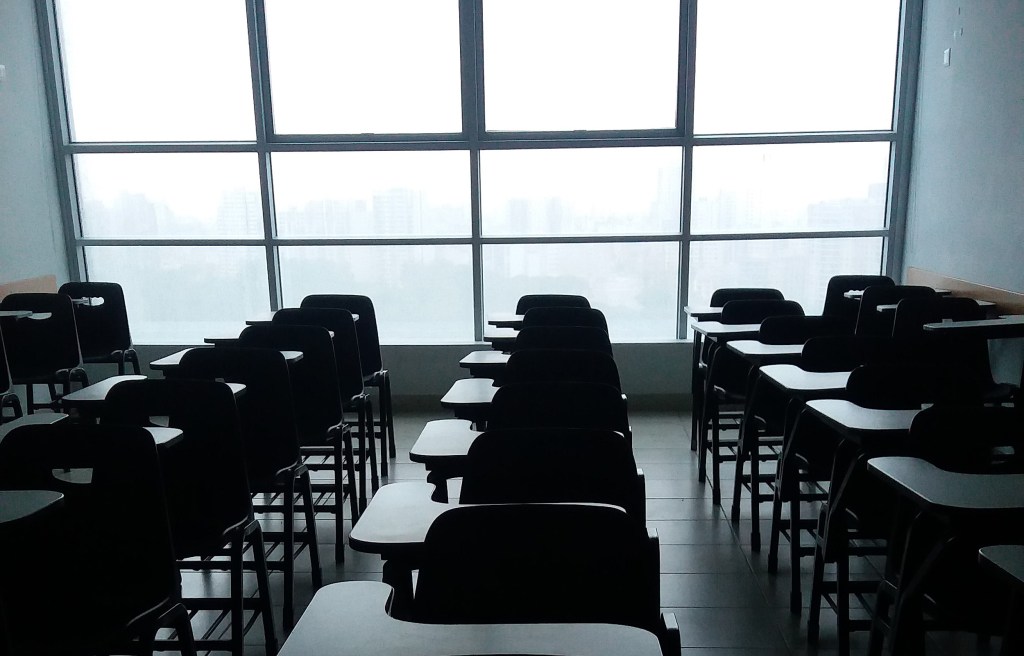
-
By phone and online, the care continues
A Q&A with Harvard University Health Services’ Executive Director Giang Nguyen about the steps taken to move as much care online as it could as the novel coronavirus approached. He also outlines new resources available to the Harvard community.
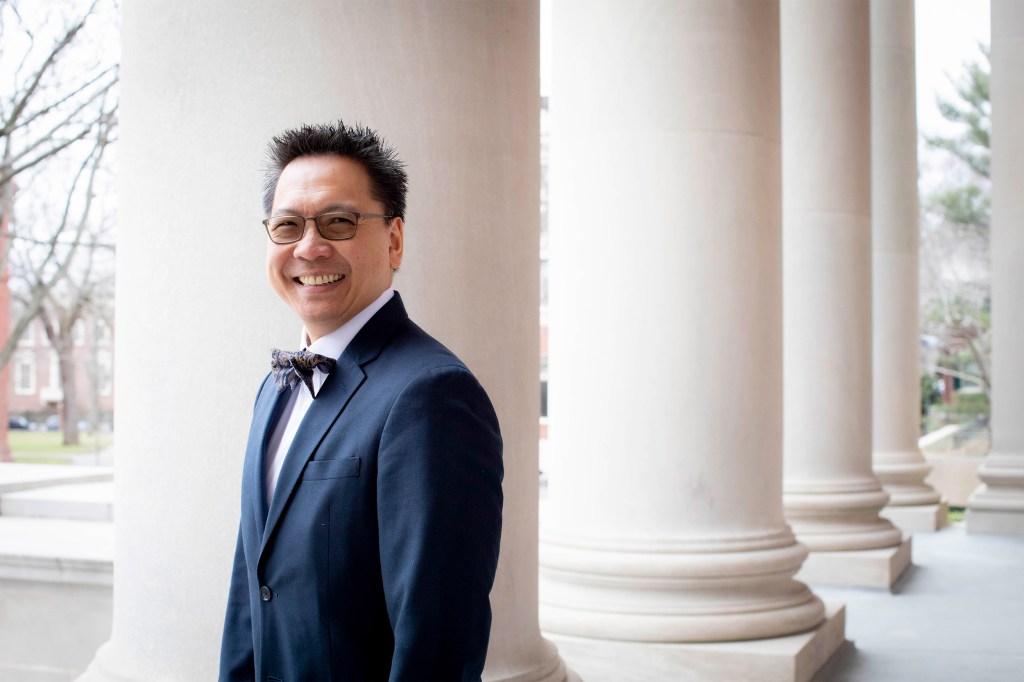
-
Assessing the effect of the COVID-19 pandemic on correctional institutions
Working in real time, Harvard researchers are surveying correctional facilities to find out how U.S. prisons and jails are being affected by the pandemic.
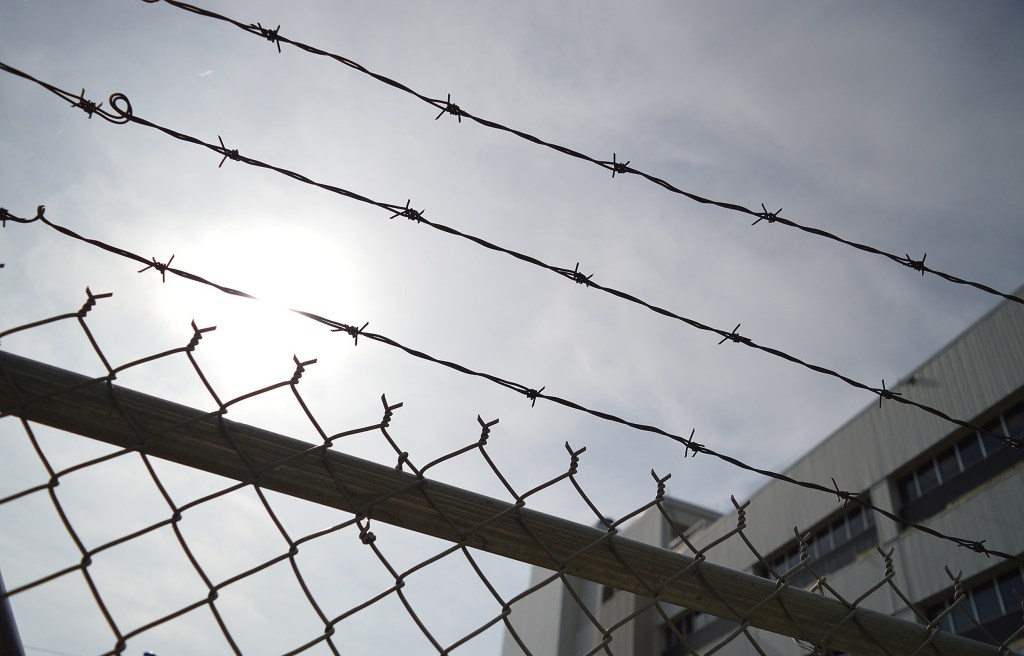
-
SEAS moves opening of Science and Engineering Complex to spring semester ’21
Temporary suspension of construction work by the city of Boston has pushed back the planned fall opening of Harvard’s Science and Engineering Complex in Allston until next spring semester.
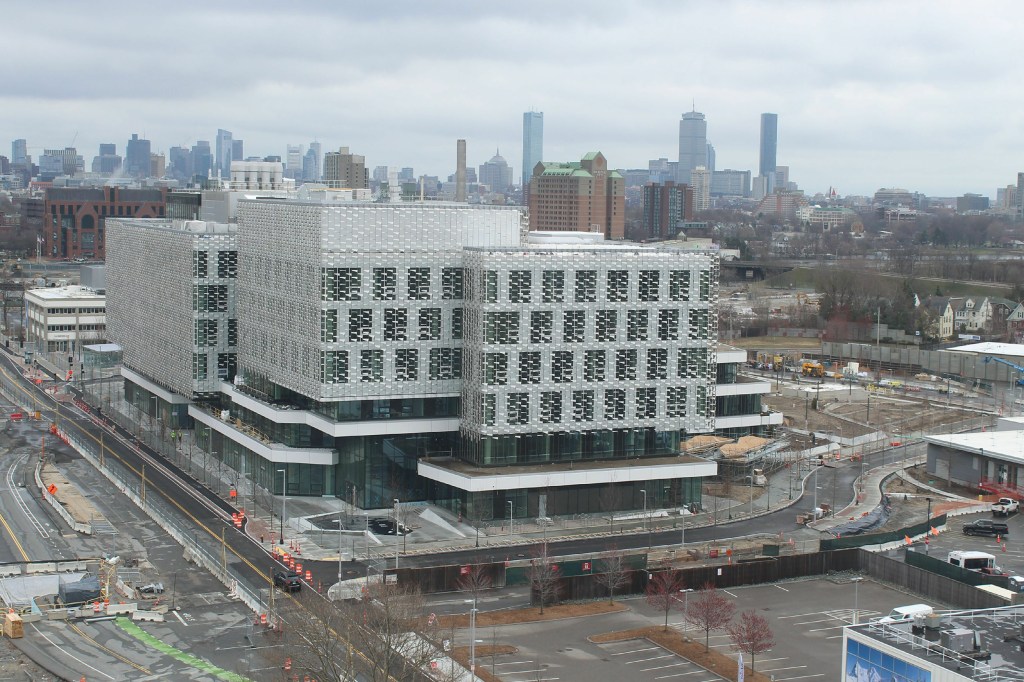
-
Relearning ways to grieve
With everything from hugs to funerals now forbidden or unrecognizable, a Harvard T.H. Chan School of Public Health online forum focused on “How the Discomfort of Grief Can Help Us: Recognizing and Adapting to Loss During the COVID-19 Outbreak.”
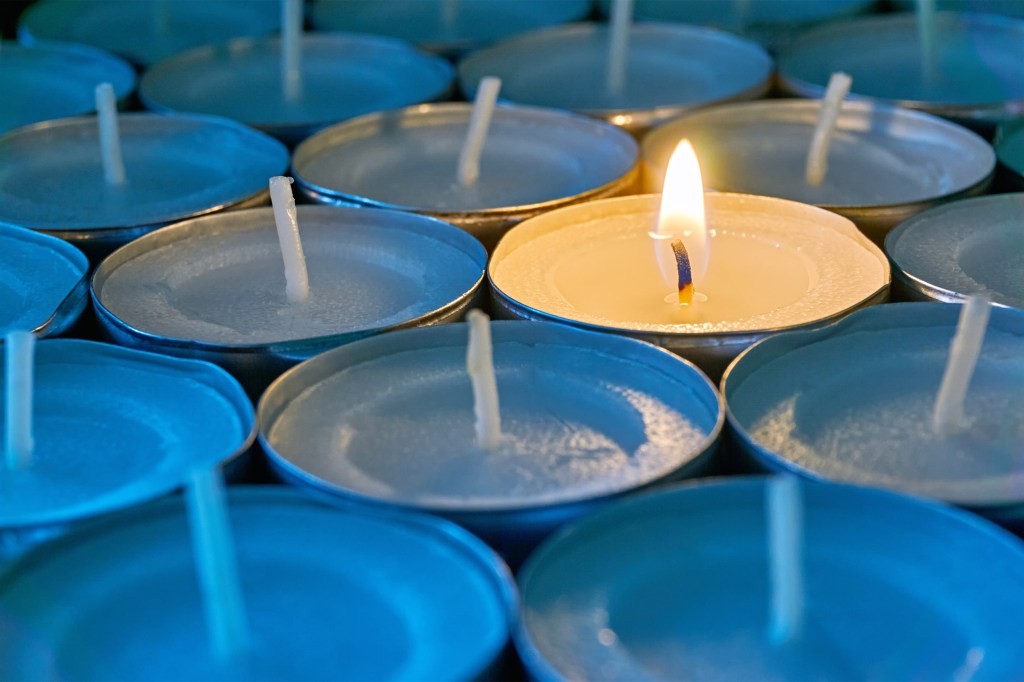
-
Hope for managing hospital admissions of COVID-19 cases
A top emergency-preparedness official with Harvard-affiliated Massachusetts General Hospital says recent modeling shows social distancing is working to flatten the curve.
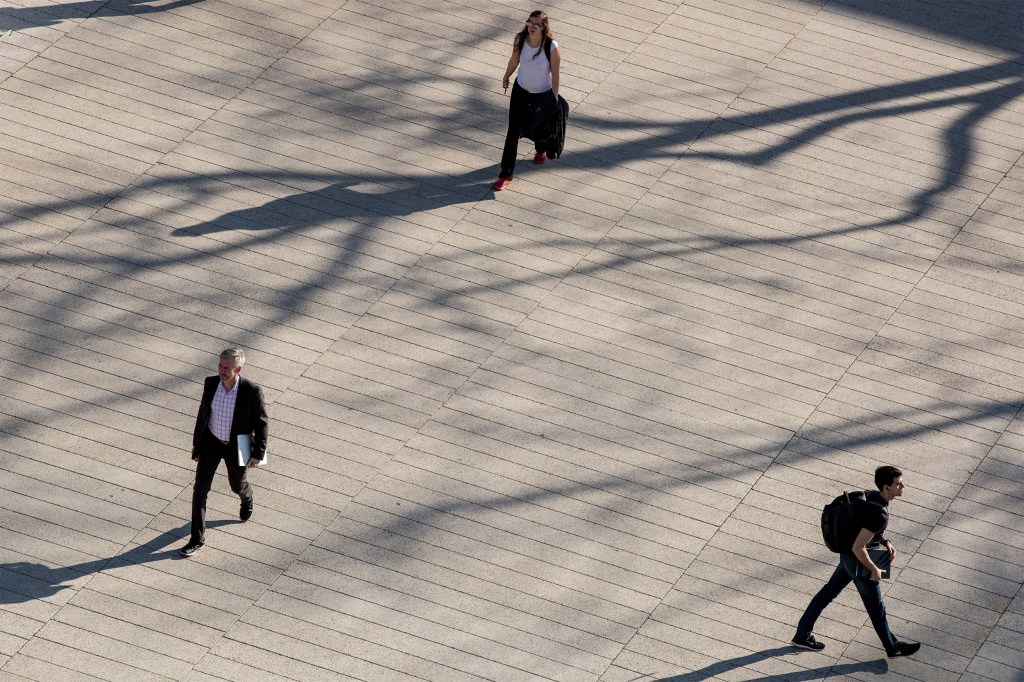
-
Innovating to train medical pros on using mechanical ventilators
Harvard and EdX, the virtual learning platform founded by Harvard and MIT, announced the launch of a free online course designed to train frontline medical professionals to operate the mechanical ventilators needed to treat COVID-19 patients.
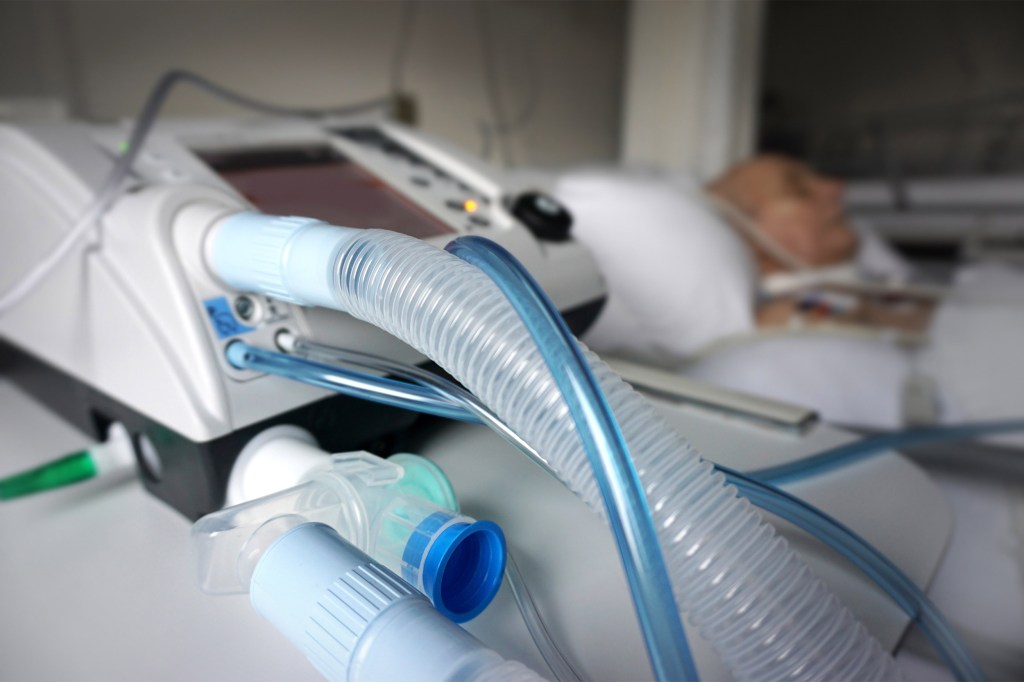
-
‘Faster protection with less material’
Further research and development on a class of molecules called bisphosphonates might turbocharge a vaccine against SARS-CoV-2, the novel coronavirus, and help bring immunity to huge populations more quickly.
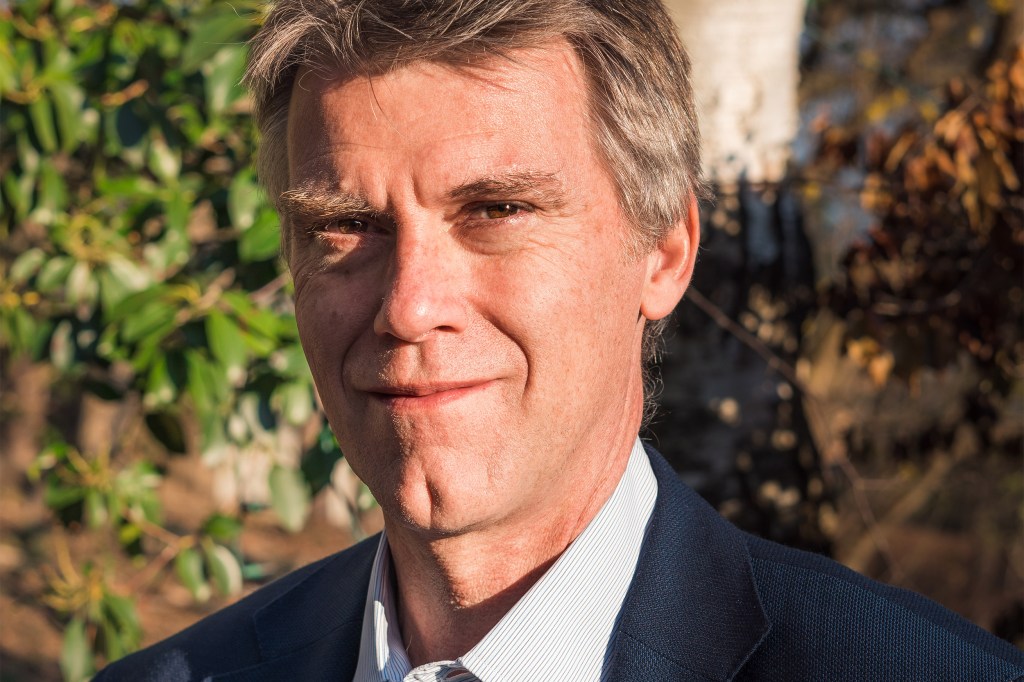
-
‘The world changed, so we changed with it’
While the majority of the Wyss Institute is working remotely, a small but dedicated team is still coming into the lab to help treat and cure COVID-19.
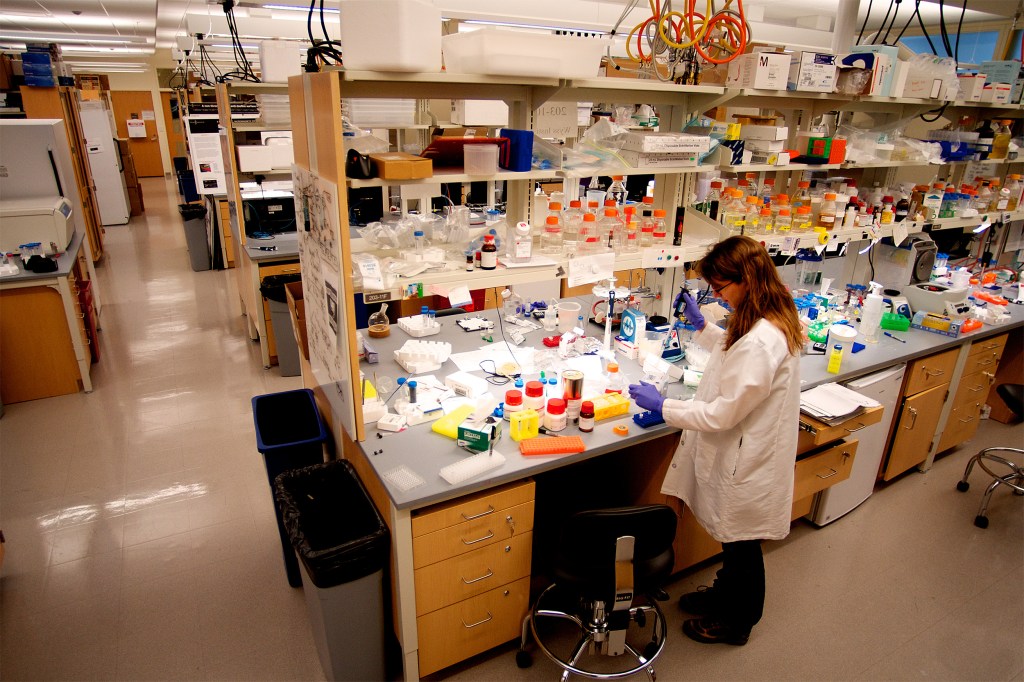
-
Turning Harvard virtual
A look at how Harvard University Information Technology helped the University, including the College and 12 graduate Schools, move all classes online.

-
How masks and buildings can be barriers to the coronavirus
According to Harvard’s Joe Allen, coronavirus is likely being transmitted in buildings through ventilation systems. But there are ways to minimize risks.
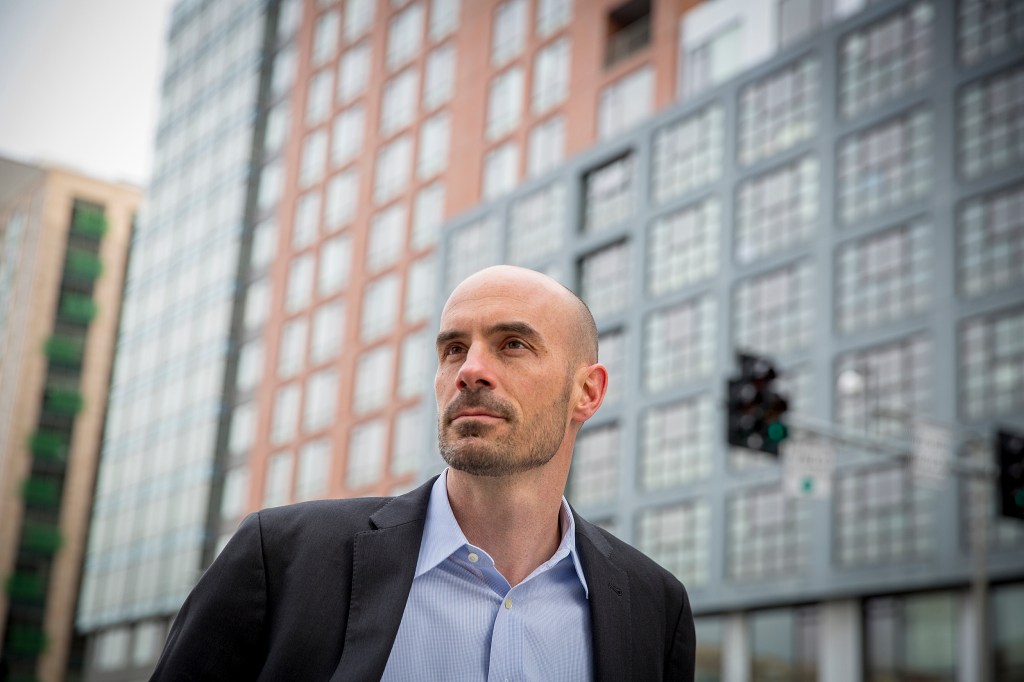
-
The way we live now
One Harvard student describes what life is like on a deserted campus while another shares his experience going home and the adjustments the followed.
